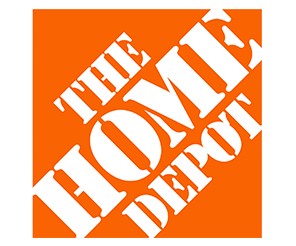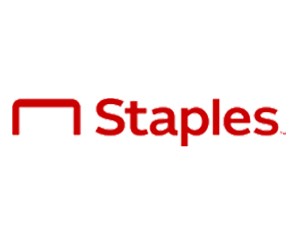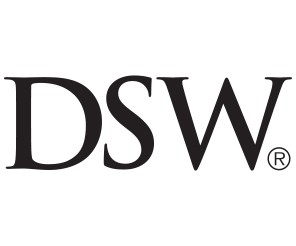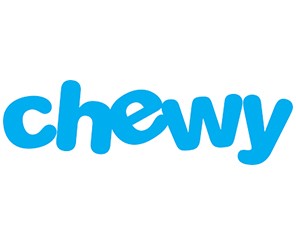US Markets Loading...
h
m
s
Supreme Court might not give Trump sweeping immunity — but it's likely to give him the one victory he wants
A majority of justices appear to want to create a standard of presidential immunity that will take time to craft and even more time to implement.
Millennials are suddenly rich
It turns out that, after killing off brands and choosing avocado toast over homeownership, millennials are getting wealthy.
Billionaire's million-dollar Nantucket beach house has officially been swept away
Billionaire investor Barry Sternlicht's Nantucket beach house has been demolished due to severe erosion.
Southwest is leaving 4 cities this year as it deals with Boeing's 737 Max crisis — see the list
Southwest said it expected to receive just 20 Boeing 737 Max 8 jets this year, forcing it to leave some markets and slash capacity in others.
Video
New Episodes This Week
A California woman bought a vacant lot in Hawaii and discovered a $500,000 house was built on it without her permission
Anne Reynolds bought a vacant lot in Hawaii and, mistakenly, a house was built on it. She wants the property restored, but instead she's being sued.
After working in the food industry for years, here are 7 things I wouldn't buy at Trader Joe's — and what I'd get instead
I've spent years as a line cook and food reporter. There are some things I'd never buy at Trader Joe's but there are others I love instead.
Walmart's CEO, who started on the company's loading docks, shares 3 tips for how to move up the corporate ladder
Walmart CEO Doug McMillon started at the company 40 years ago earning $6.50 an hour on the loading docks. He shared his career tips with Stratechery.
I visited Aspen, the most expensive vacation destination in America, for the first time. Here are 13 things that surprised me.
Business Insider's reporter expected Aspen, Colorado, to be expensive but didn't realize how pricey everyday things like coffee and dog food would be.





